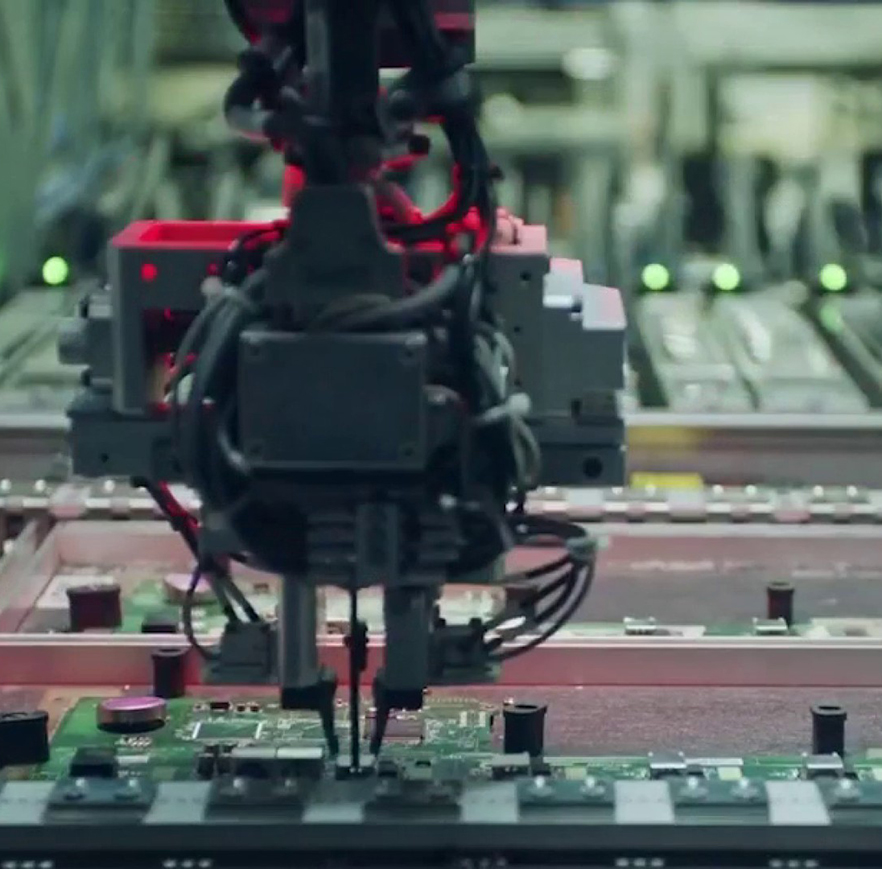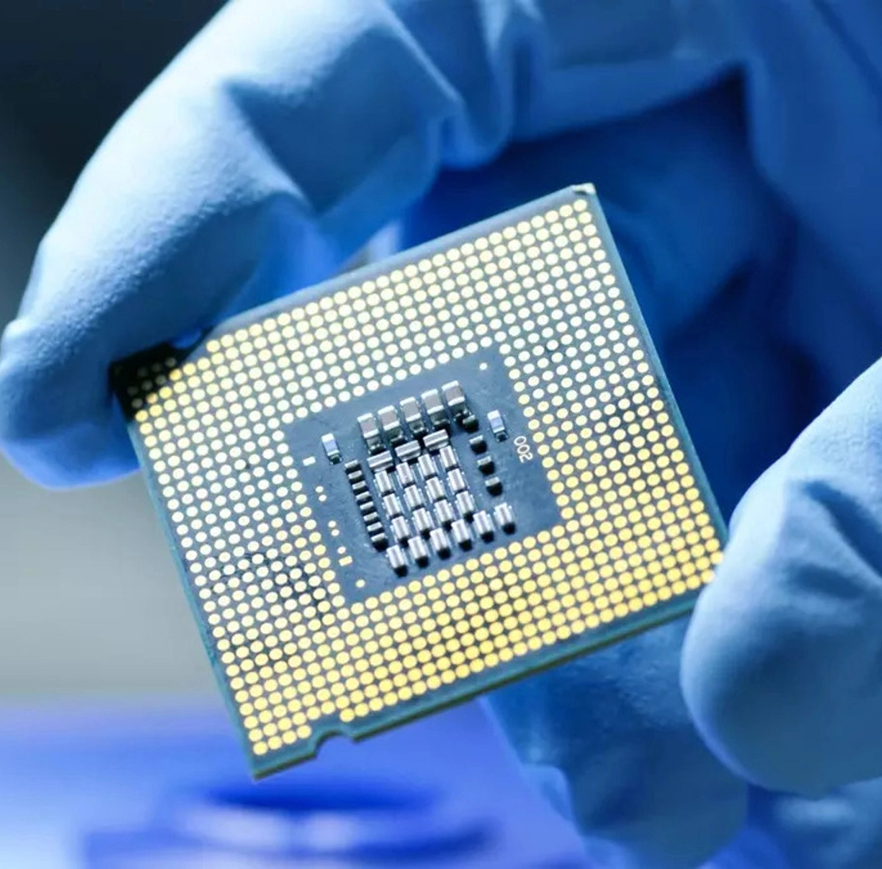In the complex world of global supply chains, an unexpected hiccup can lead to a ripple effect of massive proportions. That’s precisely what has happened with the current shortage of semiconductor chips, affecting industries worldwide, including and notably, the automotive sector.
A Comprehensive Examination of the Semiconductor Chip Shortage

The prevailing semiconductor chip shortage is not an isolated phenomenon. Rather, it’s the outcome of a confluence of various factors – a perfect storm, so to speak – that have all struck at once. Let’s take a more in-depth look into this global issue. Firstly, we need to understand what semiconductor chips are and their immense significance in today’s world. These minute, highly sophisticated components are the driving force behind a myriad of devices that form an integral part of our everyday lives. Whether it’s laptops for our work, smartphones for communication, or home appliances for convenience, the operations of these devices are powered by semiconductor chips. In the automotive industry, these chips play a critical role, controlling various functionalities, from the infotainment system and navigation to safety features such as brake sensors and airbag deployments. Beyond the pandemic, other factors have also been at play. Geopolitical tensions, notably between the U.S. and China, have led to trade restrictions impacting the global semiconductor supply chain, which is heavily concentrated in East Asia. Furthermore, the demand for semiconductor chips has been steadily increasing due to technological advancements and shifts in consumer preferences. Today, semiconductor chips are embedded in an expanding array of products – from gaming consoles to smart home devices. This wide-ranging demand for chips has added further stress to an already strained supply chain.
Deep Dive into the Impact of the Semiconductor Chip Shortage on the Automotive Industry

The global shortage of semiconductor chips has reverberated across multiple sectors, with the automotive industry standing at the forefront of this crisis. The impact has been substantial, shaping various aspects of the industry in profound ways.
Production Halt and Its Cascading Effects
Modern vehicles are no longer merely mechanical devices; they are becoming increasingly computerized. From fuel injection and anti-lock braking systems to infotainment systems, airbag controls, and navigation, semiconductor chips are the bedrock of these intricate systems. With the chip shortage, automakers have faced immense challenges, with many being forced to hit the brakes on their production lines. This production delay not only affects the manufacturer’s bottom line but also has cascading effects down the supply chain. Suppliers face financial strain as orders decrease, and employees risk furloughs or even job loss as companies try to cut costs to weather the storm.
Soaring Prices and Limited Variety: The Consumer’s Dilemma
With the slowdown in car production, the supply of new vehicles has taken a nosedive, giving rise to an imbalance in supply and demand dynamics. The result is inevitable: soaring car prices. Consumers are now faced with inflated prices, not only for new vehicles but also for used cars, as many potential new car buyers turn to the second-hand market, driving up demand and prices there too. Simultaneously, the chip shortage has led to a narrower selection of car models. With the focus shifted to high-margin models due to limited chip supply, customers are left with fewer choices, making the car-buying experience potentially frustrating.
Accelerated Shift Towards Electrification
The chip shortage crisis does have a silver lining, manifesting in an accelerated push towards electrification. Traditional ICE (Internal Combustion Engine) vehicles generally require more semiconductor chips than their Electric Vehicle (EV) counterparts. This discrepancy has led some car manufacturers to reprioritize their production lines towards EVs, indirectly promoting a faster transition to cleaner and more sustainable transportation. Moreover, the disruption in the traditional automotive production has presented an opportunity for automakers to rethink their supply chain strategy, and in some cases, to invest more heavily in software capabilities. As the EV industry is generally more software-centric, this change could also indirectly speed up the electrification trend.
Charting the Course Ahead Amidst the Semiconductor Chip Shortage

As the semiconductor chip shortage stretches on, its effects continue to reshape the landscape of the automotive industry. However, with every challenge comes opportunities for adaptation and innovation.
Boosting Production and Diversifying Supply Chains
Efforts are currently in full swing to ramp up semiconductor chip production. Chip manufacturers are investing heavily in new facilities and technologies to increase output and meet the growing demand. However, building new production plants is a time-consuming and costly process, suggesting that it may take some time before we see a significant alleviation of the shortage. Simultaneously, both governments and private sector players are looking to diversify supply chains as a strategic response to this crisis. A key focus here is reducing over-reliance on single-source suppliers or regions, particularly in East Asia, and promoting domestic production where possible.
A Prolonged Shortage: Challenges and Opportunities
Experts predict that the chip shortage could persist into 2024, posing an ongoing challenge for the automotive industry. Yet, this crisis is also fueling a period of profound reflection and adaptation. Manufacturers are being compelled to reimagine their operational strategies and supply chains. Instead of leaning towards the just-in-time model that prioritizes efficiency, many are moving towards a just-in-case model that emphasizes resilience and flexibility. Stockpiling essential components and exploring alternative suppliers are part of this new approach. The shortage is also pushing the industry towards technological innovation. In the face of limited chip supply, companies are exploring ways to design vehicles that are less chip-dependent without compromising on features and performance. This could lead to new breakthroughs in automotive technology that might not have been considered otherwise. Moreover, the crisis is fostering an even stronger drive towards electrification and digitization. As manufacturers pivot to prioritizing EV production, this could potentially expedite the transition to green energy in the automotive industry.
The semiconductor chip shortage has caused a substantial upheaval in the automotive industry. It has not only exposed the vulnerabilities of global supply chains and the dependence on semiconductor chips but also underscored the importance of adaptability in the face of crises. As the industry navigates through these turbulent times, it continues to evolve, potentially steering towards a more resilient and sustainable future.
Our Favorite Picks
New smartphones 2023: What will be released this year?
Essential Items for Your Summer Holiday: Your Ultimate Packing List
Nottingham’s Cultural Gems: The Best Hotels for an Enchanting Stay in 2023





